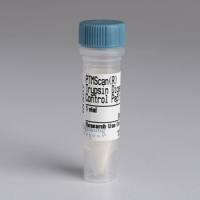Gene Expression Profiling in Cervical Cancer: Identification of Novel Markers for Disease Diagnosis and Therapy
互联网
552
Cervical cancer, a potentially preventable disease, remains the second most common malignancy in women worldwide. Human papillomavirus is the single most important etiological agent in cervical cancer. HPV contributes to neoplastic progression through the action of two viral oncoproteins E6 and E7, which interfere with critical cell cycle pathways, p53, and retinoblastoma. However, evidence suggests that HPV infection alone is insufficient to induce malignant changes and other host genetic variations are important in the development of cervical cancer. Advances in molecular biology and high throughput gene expression profiling technologies have heralded a new era in biomarker discovery and identification of molecular targets related to carcinogenesis. These advancements have improved our understanding of carcinogenesis and will facilitate screening, early detection, management, and personalised targeted therapy.
In this chapter, we have described the use of high density microarrays to assess gene expression profiles in cervical cancer. Using this approach we have identified a number of novel genes which are differentially expressed in cervical cancer, including several genes involved in cell cycle regulation. These include p16ink4a , MCM 3 and 5, CDC6, Geminin, Cyclins A-D, TOPO2A, CDCA1, and BIRC5. We have validated expression of mRNA using real-time PCR and protein by immunohistochemistry.









